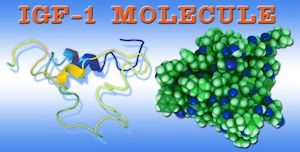Reading Time: 2 minutesIntroduction Testosterone deficiency, a prevalent condition among American men, has been increasingly recognized for its wide-ranging effects on health, including urological functions. Recent studies have begun to explore the electrophysiological aspects of this condition, specifically focusing on bladder afferent nerve activity. This article delves into the latest research on how testosterone deficiency influences bladder function through changes in nerve activity, offering insights crucial for urologists and healthcare providers treating male patients. Background on Testosterone Deficiency Testosterone, the primary male sex hormone, plays a critical role in various bodily functions, including muscle mass, bone density, and sexual health. In American men, … Continue reading →













